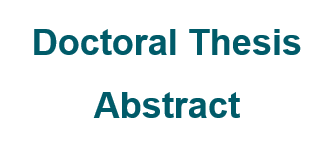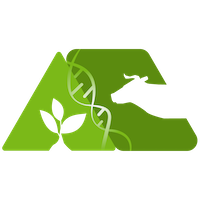Collective action and social capital in family livestock in uruguay
Doctoral thesis abstract
DOI:
https://doi.org/10.31285/AGRO.25.1520Keywords:
collective action, social capital, family livestock, rural developmentAbstract
Although the image of dispersed farms and isolated producers prevails over traditional Uruguayan livestock, in the case of family livestock, collective action is a frequent practice and constitutes the economic basis for their permanence and reproduction. The economic, political and social transformations of the 21st century, framed in progressive governments (2005-2019), launched a series of policies that promoted forms of collective action from a vision of integral rural development. This research seeks to contribute to the understanding of the collective action processes of family livestock producers on the North Coast of Uruguay. It proposes to apply Elinor Ostrom's analytical approach to coordination of collective action based on three modes: delegation of power, rule management and learning. The methodology follows three stages that combined different types of information gathering and analysis techniques. The results show the existence in the region of at least 50 groups of family ranchers, which were characterized and represent four categories or types (Integral, Economic, Basic and Productive). Regardless of the type, in all groups the processes of coordination of collective action differ in the degree of maturity reached according to the trajectories traveled. Some show an endogenous process of collective action that reflects a greater involvement of producers, more sustainable organizational processes and greater returns for the rural community and the territory. In others, this process is exogenous, encouraged by public policies, the construction of common objectives being more expensive and social interaction processes difficult. However, in all of them it is evident that the processes of formalization or institutionalization of groups legitimize, in a new context, practices anchored in the lifestyles of family ranchers such as mutual aid or shared management of assets. They are reciprocal practices and relationships that strengthen social capital and, in particular, trust and solidarity, and make it possible to overcome conflicts and crises of collective action. The three modes of coordination of collective action also depend on the social capital of individuals (network of inter-knowledge, educational and political resources, leadership capacity) and the capacity to strengthen collective social capital.
Downloads

Published
How to Cite
Issue
Section
License
Copyright (c) 2021 Agrociencia Uruguay

This work is licensed under a Creative Commons Attribution 4.0 International License.
| Article metrics | |
|---|---|
| Abstract views | |
| Galley vies | |
| PDF Views | |
| HTML views | |
| Other views | |

















